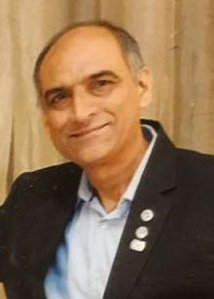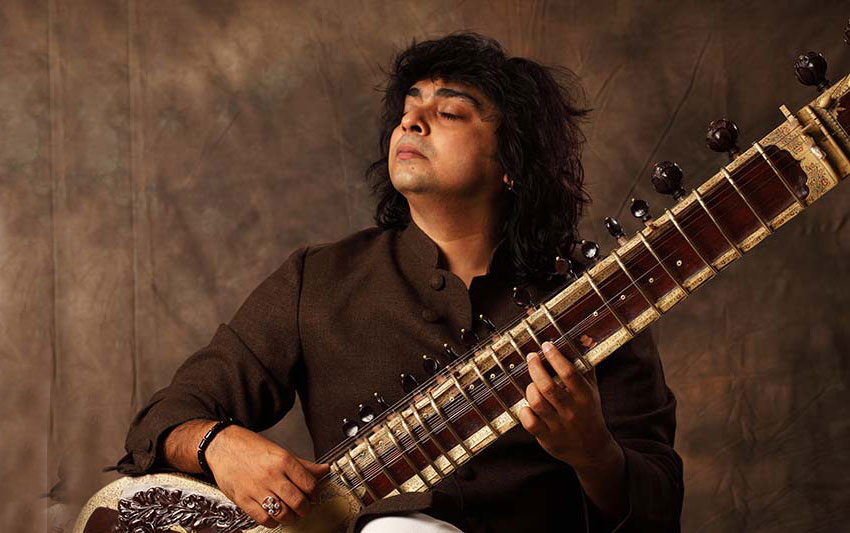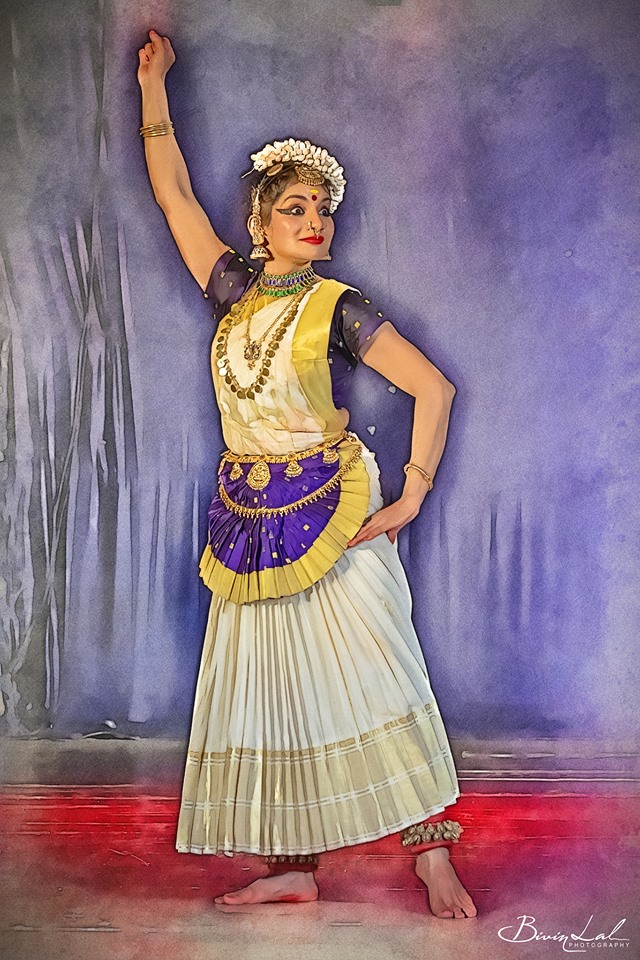When it comes to financial planning, there are factors that set artists apart from the average individuals. They have to tackle different financial challenges arising out of uncertain events such as shorter professional /active life and due to their long working hours, they barely have time to concentrate on managing their money.
In fact, a recent US study found that saving enough for retirement tops the list of artists’ financial concerns but almost 40% consider themselves behind the curve on their savings. In India, there are many live examples of successful musicians who survived on government pension during their old age.
Delayed financial planning

While most individuals begin managing their finances typically by the age of 25, artists tend to do it comparatively later in life. Mr. Aashish Trivedi, CEO of Mumbai based Viral Wealth Managers believes, “Artists begin their financial journey only after their stable career and series of successful projects. In fact, they receive real cash inflows majorly at the age of 40-45 after paying off the House loan, lifestyle expenses like cars, foreign trips, and other costs.”
Although artists begin financial management later in life, they have a limited but perpetual income source. Aashish says that “I rarely come across an artist who is well planned or informed investor from day one. However, the fact that there is no stable income in initial years and very little initiatives have been taken by putting money in fixed deposits, Public Provident fund or Life Insurance Endowment policies which are insufficient to beat ever increasing the cost of living.”
Conviction in real-estate
Real estate has been a popular investment vehicle for top Artists. In fact, many artists have parked their entire savings only in real estate properties. Aashish Trivedi narrates his experience as “Artists tend to have a significant real estate bias as they have witnessed multiple people in their peer group using real estate as an asset class to grow their wealth.”
Very often it is difficult to convince such clients to switch to other assets. Sharing how he deals with such clients,
Aashish says, “We recommend artists to diversify their investments into other asset classes like equity and debt as dependence on a single asset class makes the portfolio very risky.”
Trust barrier
Successful artists are always pressed for time, leaving them with low exposure to financial concepts. Having no relative exposure to finance, artists have trust issues when it comes to someone else managing their money.
Faced with such a situation, Aashish adopted to first impart knowledge of various asset classes through basic training/workshop programs to artists. Once they are fully aware of the pros and cons of various asset classes, they make investment recommendations to them.
[adrotate group=”9″]
Dreams and Goals
If there is one thing that could separate us from any other living species, it is our ability to dream. Dreams are aspirations and hopes that drives us, motivates us to strive, to work hard for things that promise us joy, well-being, fame or prosperity. Without dreams, perhaps even our present would be uninspiring and dull. To achieve our dreams, we have to see them as real goals or targets. Converting dreams into goals is like giving a body to thoughts and bringing it to life.
How to set a Goal?
A goal is the observable and measurable end result or outcome to be achieved within a certain time frame. When you say, “I want to have my own Studio”, this is your dream. But when you say, “I will work hard and save more so that by July 15, 2022, i.e. 10th Foundation Day of my academy, I will inaugurate my own studio in a prime locality, which costs Rs. 90 lakhs today”, this is your goal.
Goals always can bring more realism, confidence, passion and commitment to achieve them compared to vague dreams. The goal looks practical and achievable given his/her financial situation. If the person feels that in his overall scheme of things, he can fit this particular piece without disturbing other important financial goals, then it is safe to say ‘get set, go’.
So, how do I ensure that I will achieve my Goals?
Now that we know if we want to make our dreams come true, we have to transform it into a goal, the next critical question is how to go about implementing it and ensuring it becomes successful. Well here are some of our tips…
Research: The first thing to do while defining your goal is proper research or clarity of goal. Find out exactly what will it take to achieve it. So, if your goal is to buy a studio in an upscale area in your city, you have to begin by researching the upscale areas, shortlist the areas that you like.
Financial Planning: After you know what are the options before you in terms of goals to achieve, the next question is ‘when’. Putting a time frame is important and with time also comes the factor of price inflation – the farther the horizon, the bigger target amount will get but so will be the time available with you to save. Every expense has an inflation factor attached to it. While planning it is also important to prioritise all your goals so that you do not mess up a more important goal for a less important one. Mind it, all these things may be too much for you and hence the help of your financial advisor or an expert would be required.
Action Plan: Now you know how much you need to fulfil your goal and how many years ahead you need this amount. The next step is to break down that amount into a lump sum and/or periodic instalments. Your action plan will take into consideration your potential to save and the priority of your goals and the right asset classes to save as per risk and investment horizon.
Get Committed: As they say, “it’s all in the mind”. You will achieve your goal only if you believe in it. Writing down your goal, sharing it with your family & friends and putting it on a calendar, will help you in strengthening your intent and commitment to the goal.
[adrotate group=”9″]
There should be a strong desire to perform
When you are an artist, you want to play different roles; that desire and thirst to express oneself got to be articulated in a variety of performances. If you love something and take that up as a career, there is nothing better than that. And, then the journey comes like a dream come true.
One should have a financial advisor who is planning for your goals
When artist struggle in the early days of their carrier, other family members, relatives or friends support. There may be a spouse who is the breadwinner in the family. Now, once you have a source of income, take over charge. But, the life of an artist is really unpredictable. You have a job today and you might not have it tomorrow. Therefore, it is important to take the professional financial advice to manage things. Must have a financial advisor who is planning for all your life goals. Many artists have died in acute poverty. However, it can be prevented.
You should have adequate insurance cover we call ‘Sampoorna Suraksha’
The world is an unpredictable place; you never know how your life will be tomorrow. Therefore, you should be always ready with mediclaim / health insurance, Accident insurance and life insurance policy, else you will have a lot of trouble. Mind you here, all these policies are complimenting each other, any one is not enough. They have a different purpose to serve. A single mishap will destroy the wealth created over years in minutes.
[adrotate group=”9″]
Artists, in general, are never good with finances
Generally, artists and professionals do not understand where to invest. Financial advisor suggests appropriate instruments matching your need or life goals in anticipation of your risk profile. Investment can be done in Government and Private sector Bonds, good mutual funds, Equity and liquid funds for emergency and do as he says.
According to Aashish, Artists must start investing through mutual funds to gain a feel of equity assets ( called as an ownership ) and especially through SIP (Systematic Investment Plans) which ensures double-digit return if stayed invested for 8-10 years. Example: An SIP of Rs. 25000 per month for 7 years gives a fixed lifetime income of Rs. 25000/- per month, Rs. 25000 p.m. for 15 years gives a fixed lifetime income of Rs. 125000/- p.m. Further, in the end, the corpus of the fund, will be transferred to the nominee or next generation.
Therefore, artists should always consult a financial advisor.
To conclude, a wise man once said, “Every great dream begins with a dreamer.” Always remember, you have within you the strength, the patience, and the passion to reach for the stars to change the world”. Every morning when you wake up, you have two choices: either continue to sleep with your dreams, or wake up to chase them. The choice is yours.
Mr. Aashish Trivedi has a rich and diverse experience for over a decade in the financial services industry. A Post Graduate in Finance from NMIMS, he is known for his deep understanding of the wealth creation and management practices and processes. He can be contacted on viralinvest@njfundz.com/ 9619555159










